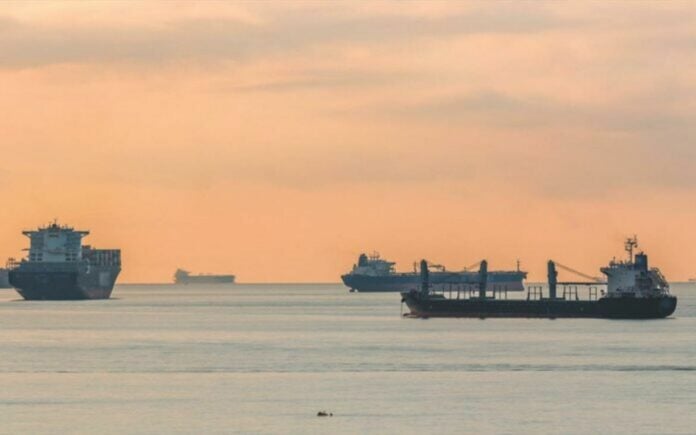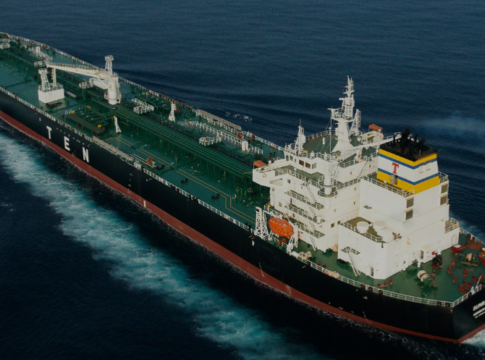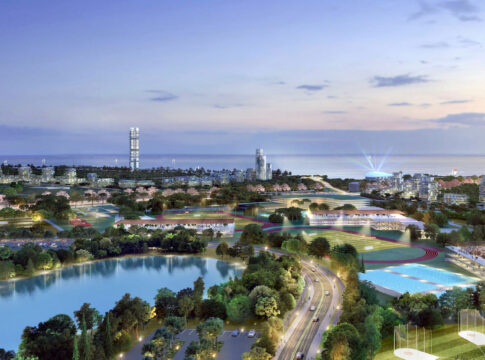More and more shipowners who decide to invest in new-build vessels turn to the installation of energy saving systems (ESDs) since the landscape of alternative fuels is still vague.
These technological systems contribute to the optimization of fuel consumption and, overall, to the upgrading of the ships’ energy efficiency.
“Shipowners are currently examining all kinds of technologies under the weight of environmental regulations,” an experienced shipping source told “Naftemporiki.”
Two of the technologies that are constantly gaining ground in the preferences of shipowners for their newly built ships are air lubrication systems and wind assisted propulsion systems.
The former represents a method of reducing the resistance between the ship’s hull and the seawater by using air bubbles.
According to various estimates, and with appropriate ship hull design, these systems can deliver up to 15% reductions in CO2 emissions and significant fuel savings.
At the same time, wind propulsion systems, such as rotors, but also hard sails, have also attracted the interest of shipowners.
Shipping company Berge Bulk has recently presented the Berge Olympus, a Newcastlemax bulk carrier, on which it has installed four WindWings.
According to the company, it will save six tonnes of fuel per day on an average global journey and reduce CO2 emissions by around 19.5 tonnes per day.
It is estimated that rotors can offer savings in fuel and emissions of up to 30%.
In terms of cost
According to “Naftemporiki” sources, the extra cost of each technology differs from ship to ship and from system to system.
However, the installation of an air lubrication system on a newly built ship costs, based on the same sources, about 1.5 million dollars.
In wind-based technologies, installing a rotor costs about 1.2-1.5 million dollars (per rotor), while installing hard sails reaches 2-2.5 million dollars.
As for the restrictions per type of ship, the same sources stated that these systems are suitable for installation on medium-sized and large ships, mainly mainstream, such as bulkers and tankers, while interest has also recently been recorded for RoRo passenger ships.














